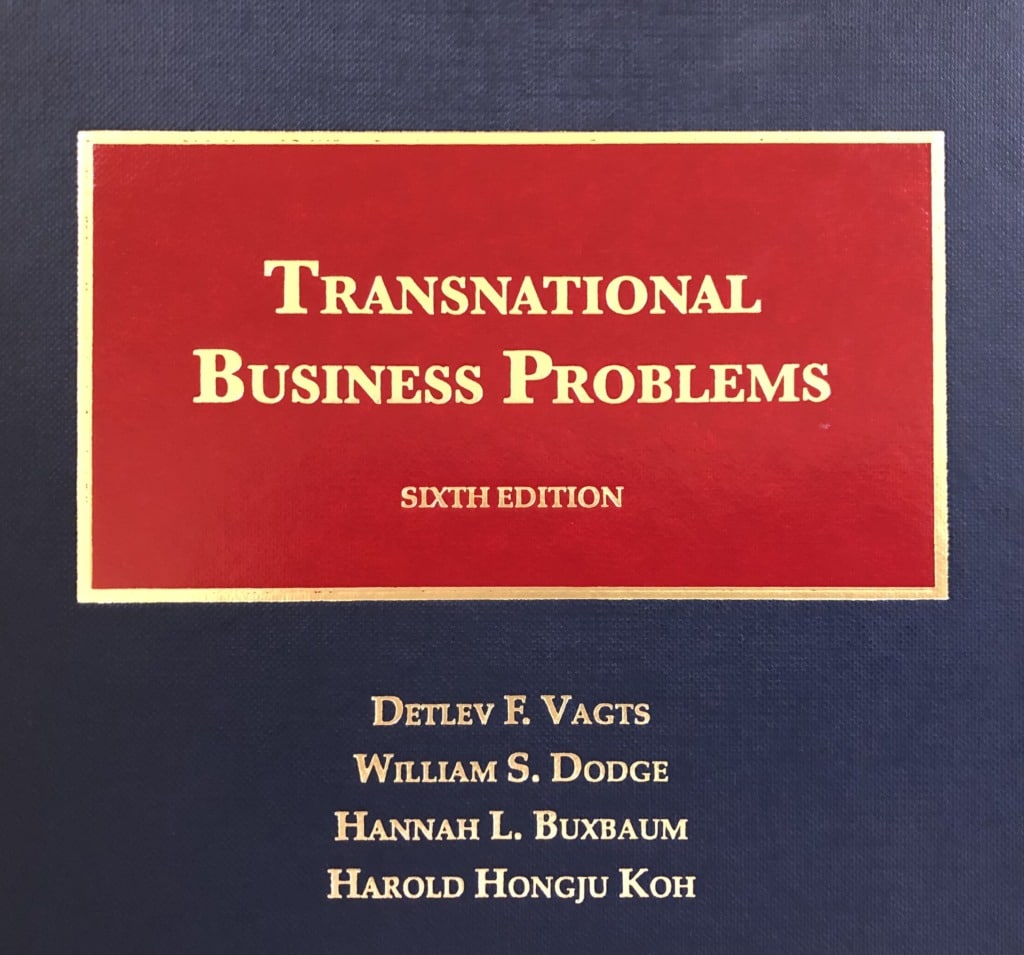CVSG in Chabad v. Russian Federation: Another Question of Foreign State Immunity
On June 2, 2025, the Supreme Court called for the views of the Solicitor General (“CVSG”) in Chabad v. Russian Federation. In Chabad’s petition for certiorari, the question presented is whether the Foreign Sovereign Immunities Act (FSIA)’s expropriation exception applies to a foreign state if the expropriated property—or property exchanged for it— is located outside…
Continue ReadingSupreme Court Narrows the FSIA’s Expropriation Exception (Again)
(Editor’s Note: This article also appears in Just Security.) Last Friday, the U.S. Supreme Court decided Republic of Hungary v. Simon. Writing for a unanimous Court, Justice Sonia Sotomayor held that commingling the proceeds of expropriated property with other government funds, which are then used for commercial activity in the United States, is not enough…
Continue ReadingEleventh Circuit Reverses Helms-Burton Judgments
On October 22, 2024, the U.S. Court of Appeals for the Eleventh Circuit overturned judgments of more than $100 million each against four U.S.-based cruise lines under the 1996 Helms-Burton Act. The decision is another example of just how difficult it has been for plaintiffs to recover under the act since President Trump allowed suits…
Continue ReadingD.C. Circuit Remands Helms-Burton Case Against Cimex
Exxon (then Standard Oil) owned several subsidiaries in Cuba that were expropriated without compensation by the Cuban government in 1960. In 1996, Congress enacted the Cuban Liberty and Democratic Solidarity Act (CLDS), which permits suits by U.S. plaintiffs against those who traffic in property confiscated by the Cuban government. Exxon has sued Cuban state-owned companies…
Continue ReadingUsing TLB to Teach International Business Transactions
As the fall semester gets underway, we are updating our posts on using resources on TLB to teach various classes. This post discusses International Business Transactions (IBT). Although TLB focuses on litigation and IBT focuses on transactions, there is a great deal of overlap. The most obvious examples are contractual clauses that plan for dispute resolution,…
Continue ReadingSupreme Court Grants Cert in Holocaust Expropriation Case
The Supreme Court granted cert this morning in Republic of Hungary v. Simon to consider further questions under the expropriation exception of the Foreign Sovereign Immunities Act. In Republic of Germany v. Philipp(2021), the Supreme Court held that the expropriation exception does not apply to a government’s taking of the property of its own nationals….
Continue ReadingThrowback Thursday: Banco Nacional de Cuba v. Sabbatino
Sixty years ago, on March 23, 1964, the U.S. Supreme Court handed down its decision in Banco Nacional de Cuba v. Sabbatino. By a vote of 8-1, the Court held that the act of state doctrine prevented U.S. courts from questioning the validity of Cuba’s expropriations of property owned by U.S. nationals, even if the…
Continue ReadingRussia Continues Pressing Sovereignty Claims in the Yukos Award Saga
Yukos Oil Company (“Yukos”) shareholders’ attempts to enforce their $50 billion arbitral award against the Russian Federation are moving forward in the U.S. District Court for the District of Columbia. On November 17, 2023, Judge Beryl Howell denied Russia’s motion to dismiss the case for lack of subject matter jurisdiction under the Foreign Sovereign Immunities…
Continue ReadingD.C. Circuit Addresses FSIA in German Art Case
In the years before World War II, the Nazi government in Germany allegedly stole an art collection belonging to a Jewish industrialist. His descendants who live in the United States sued Germany in Toren v. Federal Republic of Germany. They argue that Germany is not immune from suit under an exception to the Foreign Sovereign…
Continue ReadingLitigating Expropriation Claims in U.S. Courts
Foreign sovereigns generally enjoy sovereign immunity in the United States by operation of the Foreign Sovereign Immunities Act (FSIA). The FSIA specifically provides, however, that a foreign sovereign shall not be immune in any case in which “rights in property taken in violation of international law are in issue.” On its face, this expropriation exception…
Continue Reading







